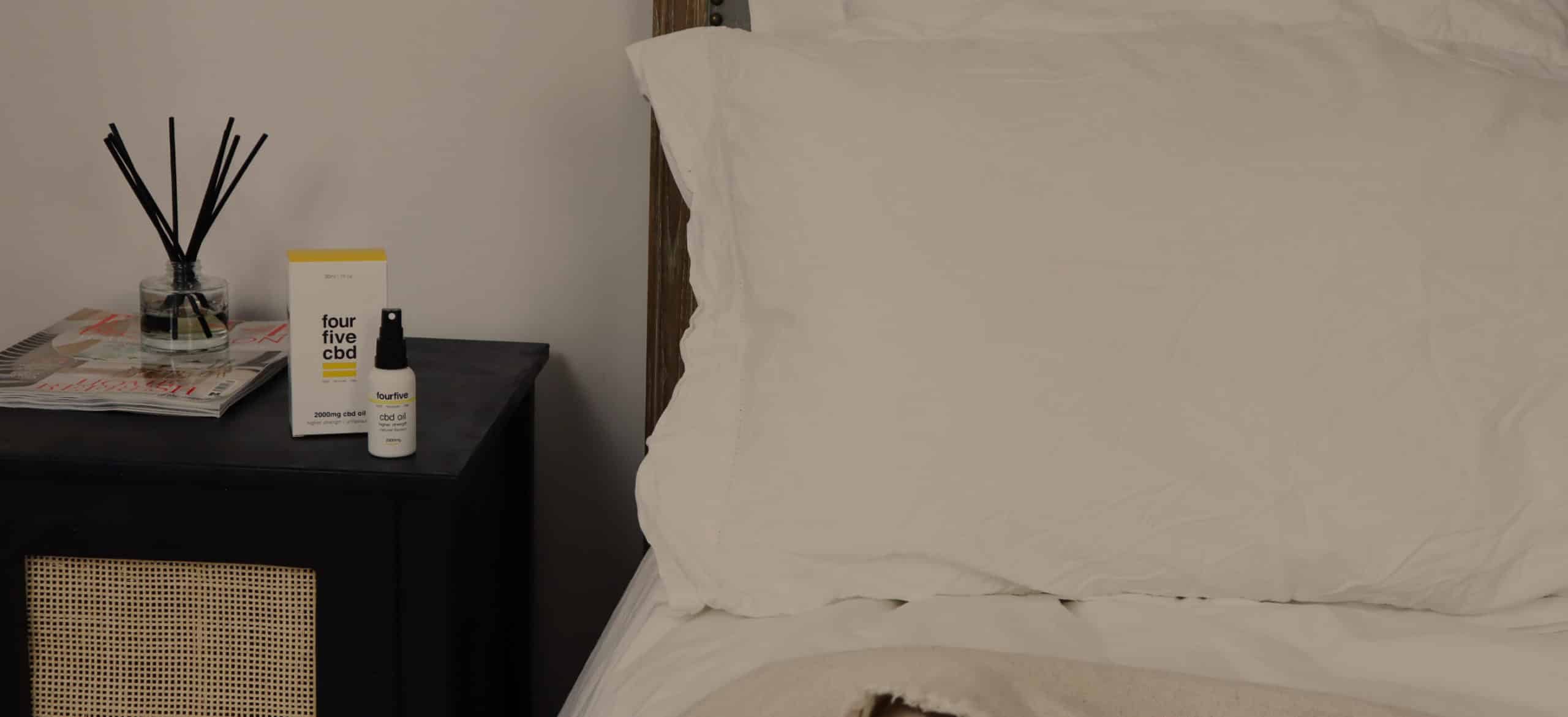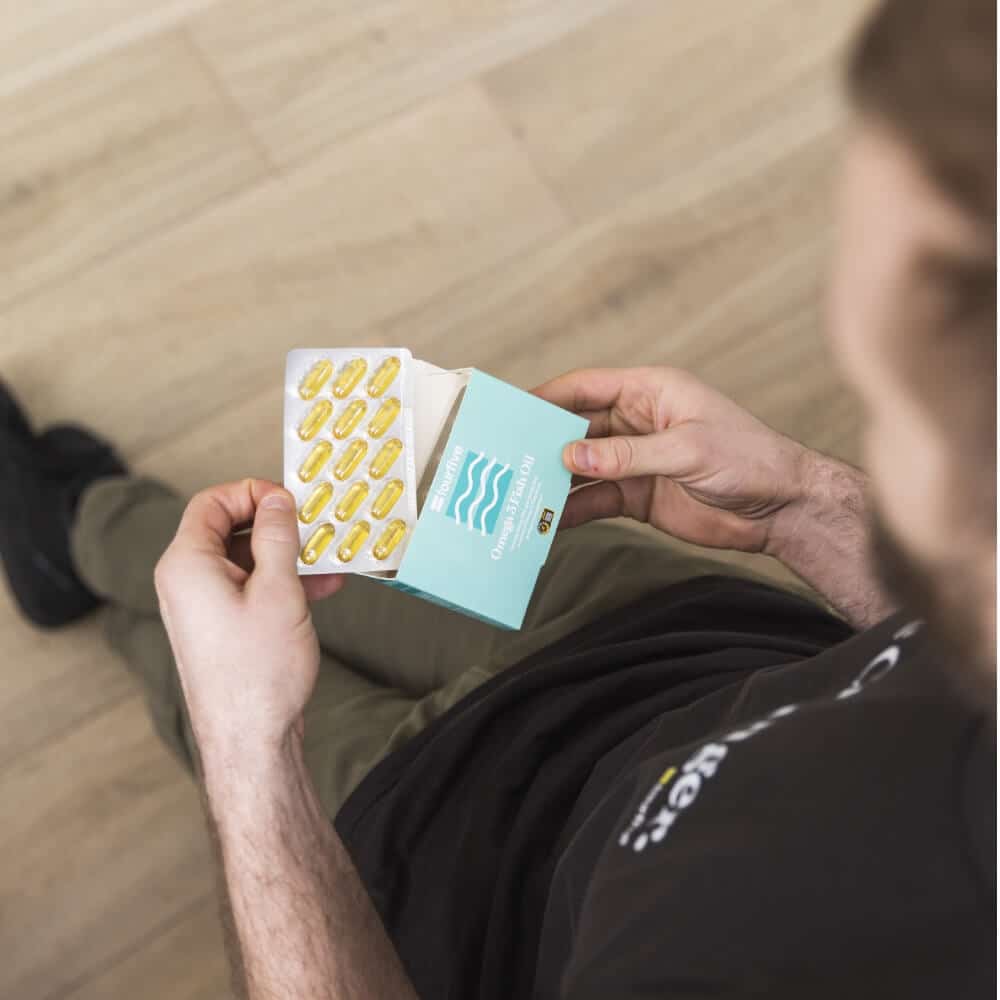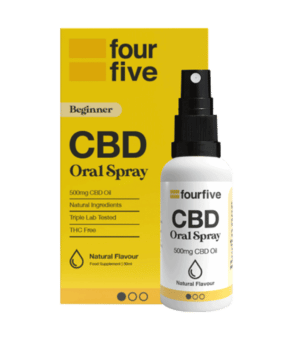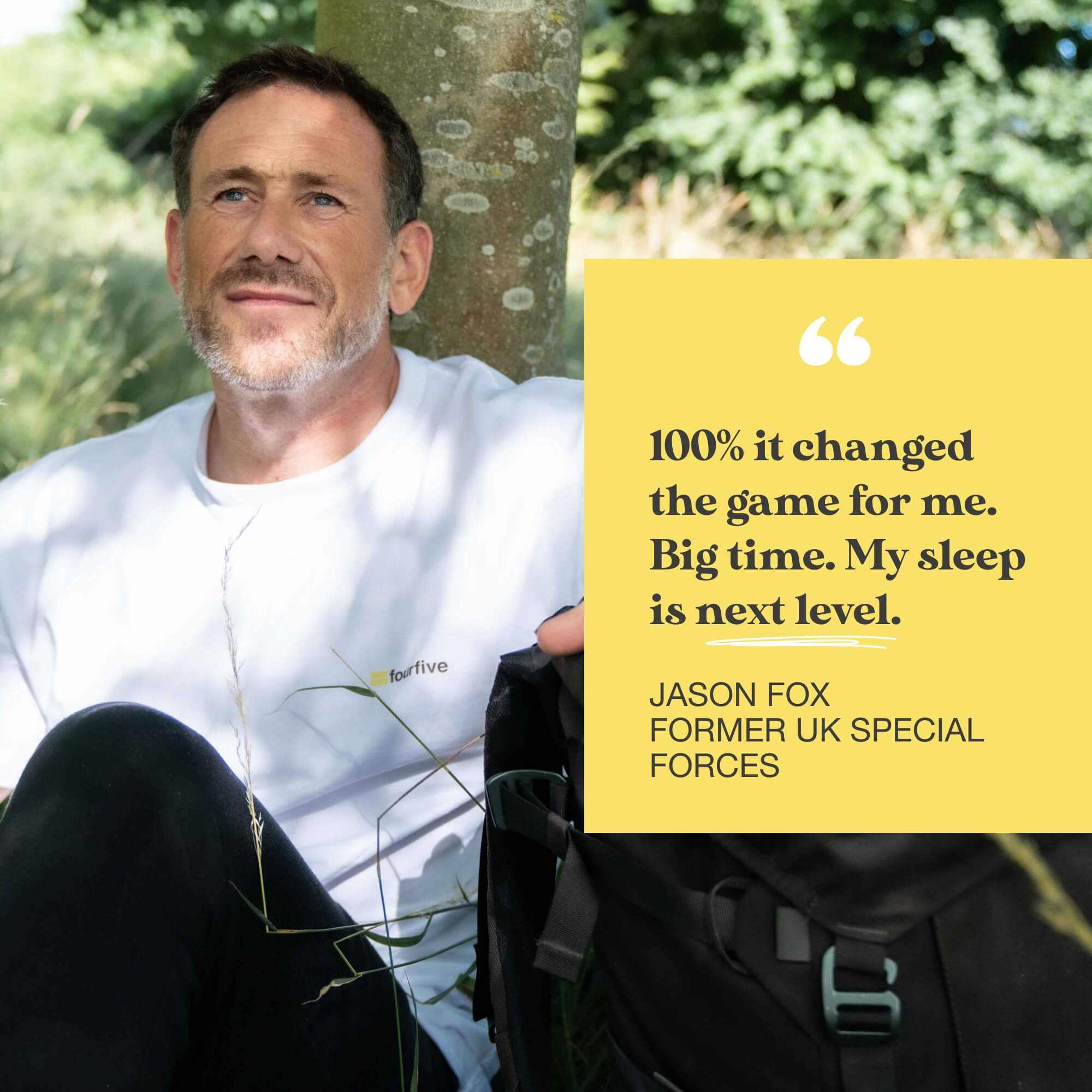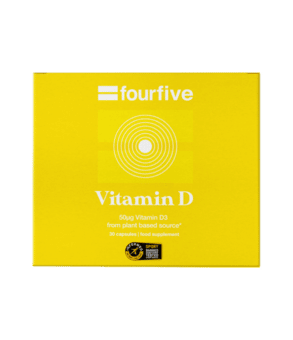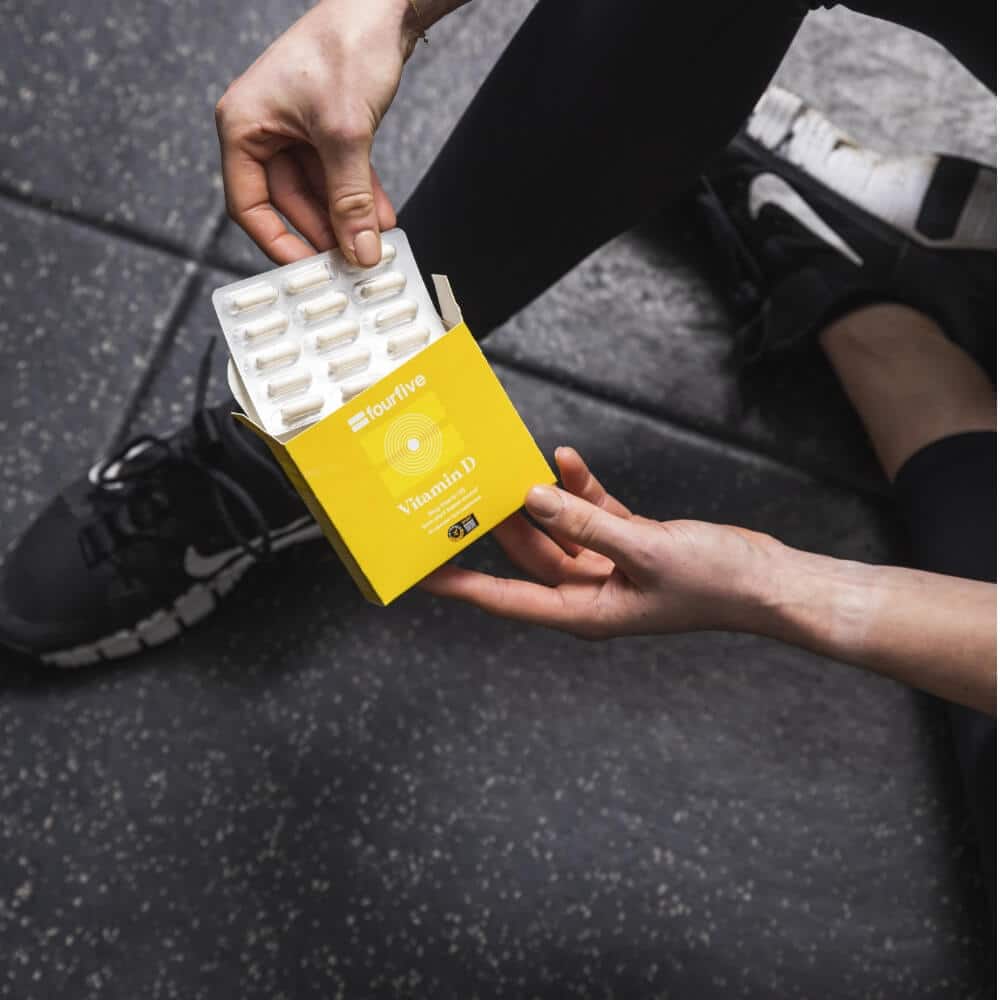Ever wondered about the impact your sleep pattern can have on your performance?
Here, athletes and experts share the sleep habits you should include in your daily routine to maximise your recovery.
Speaking to sleep and wellness experts alongside professional athletes, we’re diving into the all important questions on optimising recovery through sleep both in sport and our daily lives.
Sleep and Sporting Performance
The link between physical performance and sleep is well documented, with many studies citing how poor sleep hygiene can negatively impact athletes’ sporting abilities.
In a 2011 study at Stanford University by Dr. Cherri Mah, it was revealed that an increase of 110 minutes of sleep per night led to greater speed and improved shooting accuracy as well as decreased fatigue in college basketball teams. Following this research, Dr. Mah went on to work with many professional basketball teams to optimise their schedules and reduce fatigue.
The conclusion of a 2019 article by Vitale, Owens, Hopkins and Malhotra found that “Sleep serves an absolutely vital physiological function and is arguably the single most important factor in exercise recovery.” Quality sleep should be a part of every athlete’s routine.
Elite Sport Sleep Coach Nick Littlehales

Sleep coach Nick Littlehales has worked with a wide variety of athletes and teams, from British Cycling to Rugby Union. Having worked alongside athletes to help improve their performance, Nick provided insights on how to perfect your sleep habits.
“As humans we’ve always slept in a polyphasic manner. We only ever started sleeping in a monophasic block when electric light was invented, which is not that long ago. So it’s actually more natural to maximise and optimise your recovery in a multi cycle way throughout any 24 hour period. “
“Whenever I’ve done any sort of non-scientific research and got large groups over the many decades in a room, we always find there’s more night timers on this planet than morning people. And yet we live in a morning world.”
Nick’s R90 technique
Nick developed the R90 technique to tackle the idea that everyone must get 8 hours of sleep a night. “If you’re looking at night shift workers or multi shift workers, you’re looking at parents, you’re looking at athletes, premiership, footballers, they’re just constantly all over the place. So trying to think “I need to get my eight hours at night or I’m going to die”, was in principle, just not practical.”
“I tried to create an approach where they could deal with all of their outside influences, but also feel far more confident about their recovery approach. So that’s where the R90 technique came in.”
Nick explains that the body cycles through 90 minute periods as we sleep, so the average night’s sleep equates to 7.5 90 minute cycles. The key is to understand the way these cycles make up our sleep.
The third, fourth and fifth cycles are actually more about preparing to wake than sleeping. Understanding these “touch points” can help us get a better understanding of how to manage sleep.
Nick’s top tips for improving your sleep routine
Nick’s first tip is consistency. “Try to start your day at around the same time. You have a post sleep period where you’re coming out of your sleep state.” Nick reveals that the key to jumpstarting this period is light which will help to trigger serotonin and get your bodily functions going.
So what about the old adage, “you snooze you lose?” Nick believes that small moments of recovery throughout the day can be beneficial to our sleep hygiene in order to take pressure off getting our full 8 hours at night. By reframing naps as “controlled recovery periods” we can encourage recovery breaks by creating rhythm for our brain’s natural cycles throughout the day.
If you add rhythm to your day with physical and mental recovery activities such as mindfulness or even a quiet 20 minutes, then, Nick reveals “you start to reveal a slightly different you, not because of nutrition, hydration, exercise and everything else, but from you being more recovered.”
Ask yourself: “Am I doing things from the point of waking so that when I do present myself for recovery, either nocturnally or midday-late afternoon, my brain goes, “thank you for this rhythm?”
Nick also recommends going back to nature when it comes to setting up the optimal sleeping space, “We know if we go out into the mountains or out into the lakes with our tents, no security, no fancy products, we get more aligned with the circadian rhythms. Try to imagine taking everything out of your bedroom in your head, and then start to put things back into it that would be aligned with generating a familiar sensory colour.”
fourfive’s resident nutritionist Dr Elisabeth Philipps
Clinical neuroscientist Dr Elisabeth Philipps has shared her advice on eating before bed. While many of us may crave a nighttime snack, Dr Elisabeth has revealed that general advice is to avoid eating up to 3 hours before you go to bed.

This allows food to pass through from the stomach into the small intestines. When food is in the stomach and you are lying down then this has a greater chance of causing gastric acid reflux which causes indigestion, which might make you feel sick, bloated and disrupt sleep.
If you prefer to exercise in the evening and need a post-workout snack, Dr Elisabeth suggests you try foods that produce hormones that help with sleep such as greek yoghurt that contains amino acid that produce sleep hormones or oatmeal for melatonin.
“Snack size is important to get right – just enough to refuel but don’t overeat just before bed as this may mean too much food to comfortably digest lying down which leads to bloating.” add Dr Elisabeth.
Speaking of foods to avoid, “high cortisol levels is what naturally wakes us in the morning so high cortisol through the night will disrupt sleep patterns. Sugary treats also trigger more brain waves during sleep – a more active brain is then more susceptible to nightmares.”
“Low blood sugar levels before bed can disrupt sleep but so can high blood sugar levels. If blood sugar levels are low then eat a healthy snack before bed. However, avoid high sugar foods and drinks at least 2 hours before sleep to regulate insulin, cortisol and blood sugar patterns.
Sugar uses up a lot of magnesium in the body and this mineral is essential for healthy sleep patterns and great quality sleep. So a diet generally high in sugar is going to disrupt sleep patterns, whatever time of day you eat sugar.”
What Dr. Elisabeth recommends you eat and what you should avoid
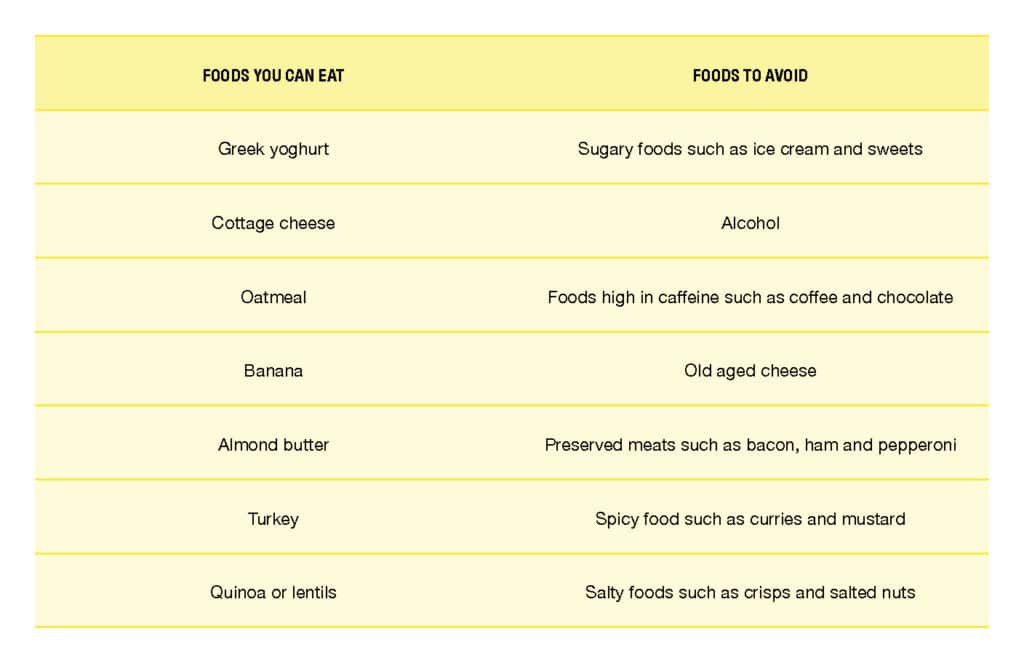
fourfive ambassadors and their experiences
We have spoken to our co-founders George Kruis and Dominic Day, as well as other athletes such as Maddie Hinch, Rachael Burford, Leon Fricker and Natasha Hunt, about their experiences with adjusting their sleep routines to help with their performance and day-to-day life.
fourfive co-founder rugby union player, George Kruis, shared the importance of consistency in his routine before bed, “The biggest thing for me is to make it as consistent as possible, so I find listening to podcasts or reading about sleep brings it to the front of my mind as a reminder.”
Similarly, field hockey player, Maddie Hinch, has found that since she became a professional athlete she has learnt the importance of consistency, “a consistent routine can have such a beneficial impact on how I’m feeling and how well I recover.”
fourfive co-founder and Welsh rugby union player, Dominic Day and Maddie Hinch, both eat their last main meal four hours before bed giving plenty of time for healthy digestion ahead of recovery in line with Dr Elisabeth’s tips on nutrition and sleep.
George, Dominic, Maddie have all worked with sleep coaches to help with their sleep habits and said they found it useful to have a wider knowledge of the impact different things can have on sleep and their performance. English rugby union player Rachael Burford also revealed that she reads books about why we sleep and the importance of it on everyday performance.
Improving your sleep with fourfive
Learn more on optimising your sleep with Dr. Elisabeth on our improving sleep page, which lists alternative methods such as reducing screen time, using fourfive Vitamin D, using CBD oil regularly and why you may need to update your mattress.
Check out our Sleep Easy Bundle that contains a medium strength CBD spray and 30 omega-3 capsules. Available for £63 or £57 when you subscribe.
